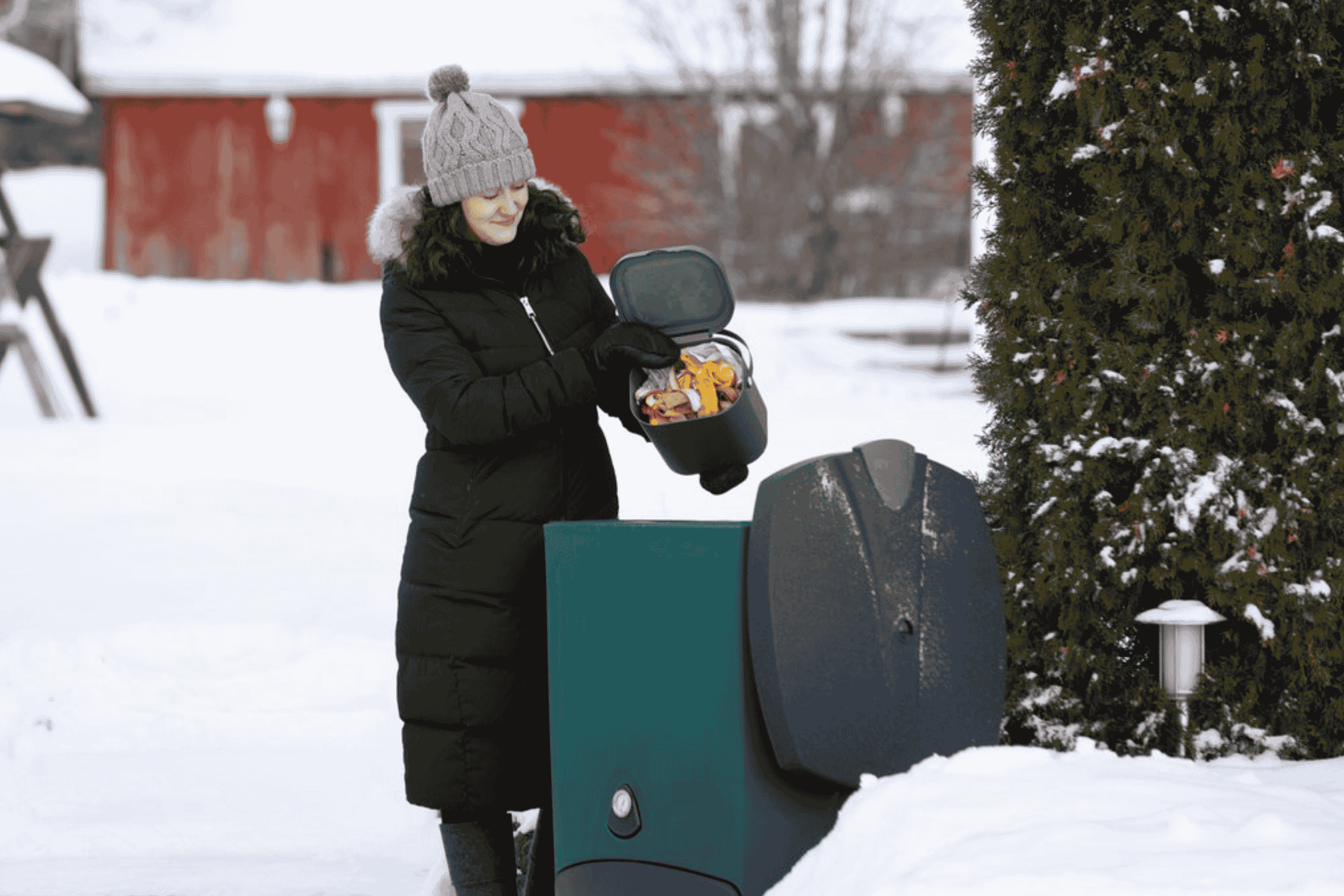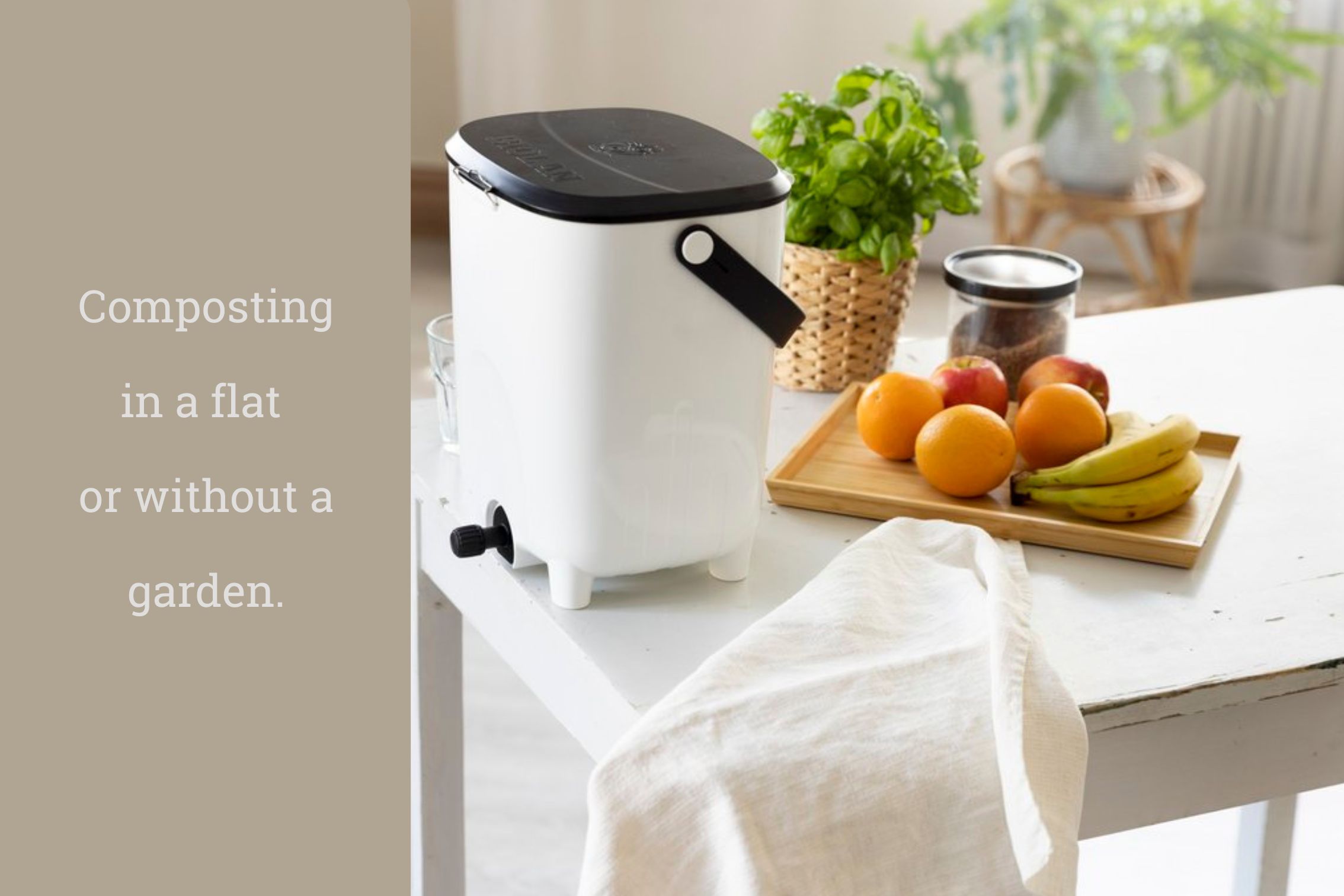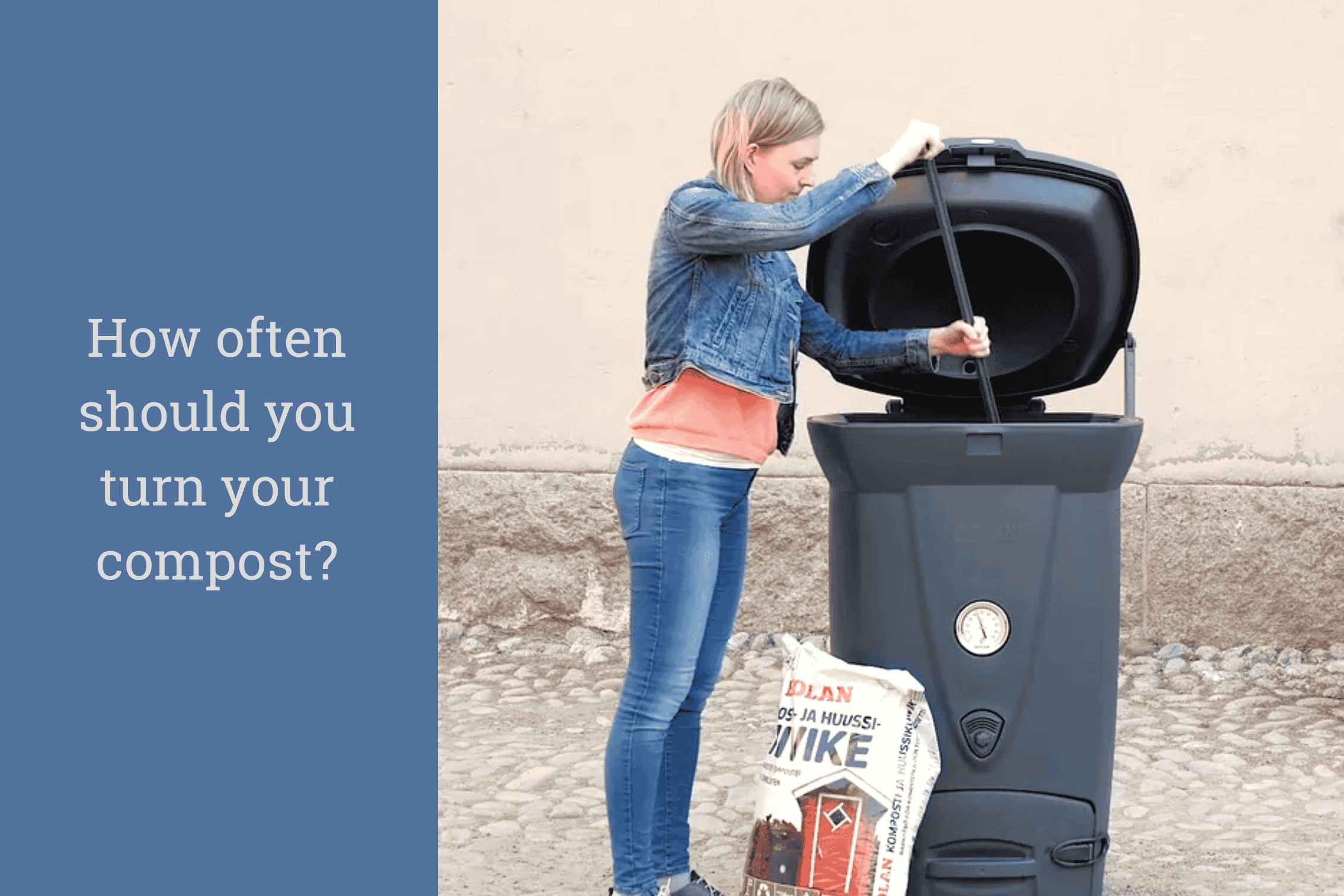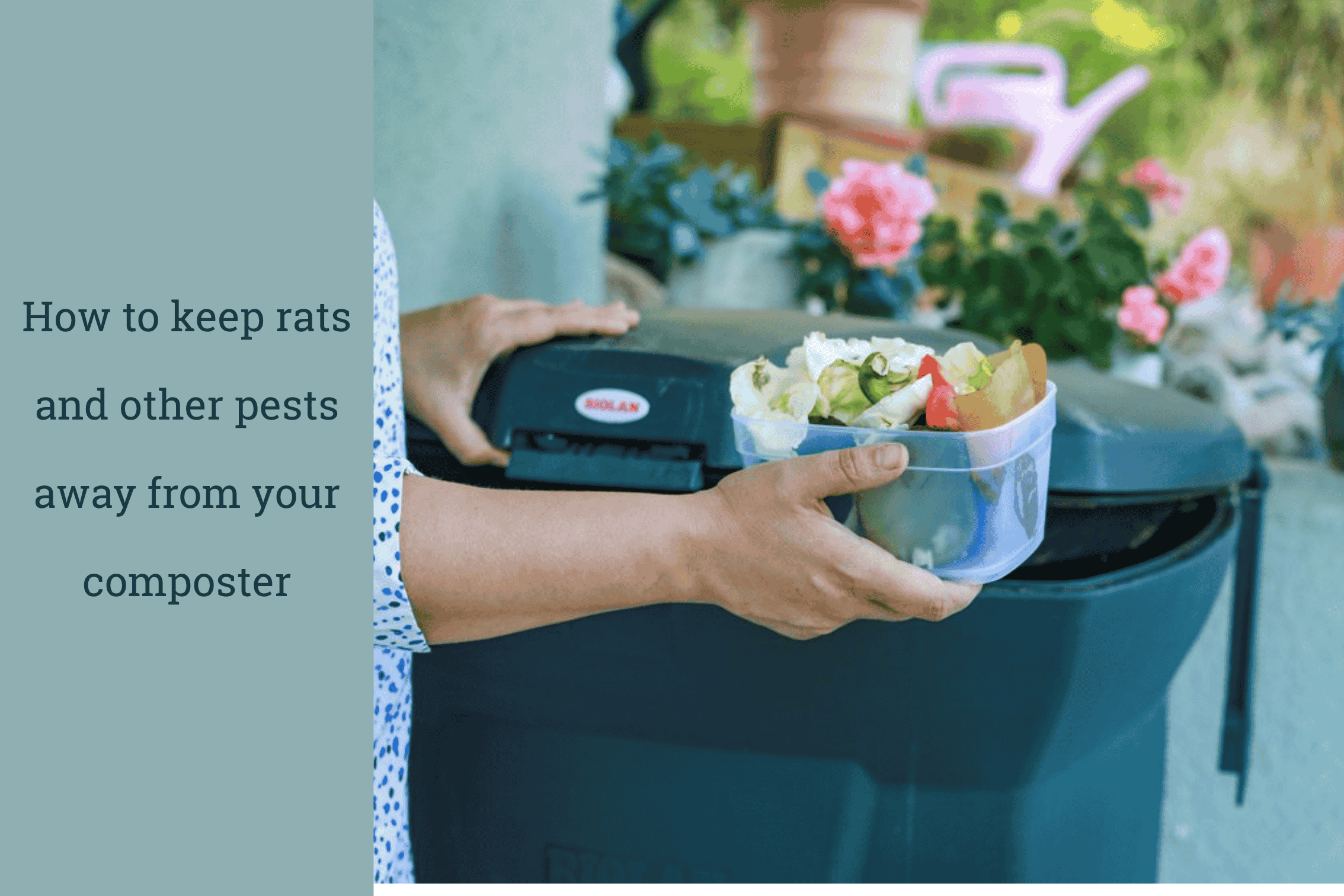
What to Put in a Compost Bin (and What to Avoid)?
Learn what you can and can't compost to avoid smells, pests, and poor compost. Simple tips to balance greens, browns, and get it right first time!
Composting is one of the most effective ways to reduce household waste and enrich your garden soil naturally. But many people starting their composting journey are unsure about what can actually go in a compost bin - and what should be kept out. Getting the balance right is key to creating nutrient-rich compost without attracting pests or creating bad smells.
What You Can Compost: The Greens and The Browns
Composting works best when you balance two main types of material: greens (nitrogen-rich materials) and browns (carbon-rich materials).
Greens include:
- Vegetable and fruit scraps (peelings, cores, banana skins)
- Coffee grounds and tea bags (remove any plastics if bags aren’t biodegradable)
- Grass clippings
- Plant trimmings and green leaves
- Eggshells (crushed)
Browns include:
- Cardboard and paper (shredded - but not glossy or printed paper)
- Straw and hay
- Dead leaves
- Very small amounts of sawdust and wood chips (see our blog about using these in composts)
Keeping the right ratio - roughly 25:75 green/brown or 50:50 green/brown - helps ensure your compost decomposes effectively.
What to Avoid Adding
Not everything from your kitchen or garden is suitable for composting. Avoid the following items:
- Meat, fish, and bones (only add in very small quantities as they are hard to breakdown)
- Dairy products - these have a high moisture and fat content which can slow down the composting process.
- Cooked foods or oily leftovers - for the same reasons as above
- Dog or cat faeces (due to pathogens) but could be added to compost if used only on non-edible plants and after a long period of composting.
- Glossy magazines or coated paper (small quantities are fine but can upset the balance of your compost)
- Coal or barbecue ash as these can contain chemicals or heavy metals that could contaminate the compost
These items either slow down the composting process, release unpleasant odours, or pose health risks so add with caution.
%20(1).png)
Special Mentions
- We suggest using a bulking mixture to improve composting efficiency, especially if you’re adding a lot of wet materials like food waste. The bedding material adds oxygen, absorbs odours and moisture helping to balance your composting mix.
Many people add biodegradable packaging or bin bags to their composter. Ensure that any contents are emptied out of the bag and the bag is placed in separately to speed up the composting process.
Common Mistakes to Avoid
- Avoid adding only one type of material (e.g. too many greens = a smelly mess)
- Letting the compost get too dry or too wet
- Not turning it regularly. With the Quick Composter 220 for example we recommend mixing the top 30cm of compost with any new materials added.
If you’re looking for an easy composting solution, the Biolan Composting 220 or the Quick Composter 500 is ideal for UK gardens - especially when paired with the Composting Accelerator to accelerate the breakdown of organic waste.
Final Thoughts
Knowing what to compost is the first step in turning waste into a resource. With the right materials, setup, and products, you can create rich compost that supports your garden and reduces your environmental footprint. Ready to start composting? Check out our range of composting bins and accessories designed for UK homes.
Useful links
Full Composting Range of Products
OTHER POSTS IN THIS CATEGORY:
.png)
Duckling Barn Glamping needed off-grid, eco-friendly sanitation. A 200L composting toilet offered a waterless, odourless, sustainable solution.
.png)
The Biolan 220eco composter handles all food waste, including cooked scraps, all winter. Use bulking material for perfect, odour-free compost

Yes, you can compost in winter! Learn how to keep your bin active during the UK's cold months with tips, tools, and winter-ready composters.

Tired of smelly bins? Learn how to compost in your flat usingan indoor Bokashi bins, and turn your scraps into garden gold - even without a garden.

Find out how often to turn your compost, why it matters, and simple tips to boost breakdown and reduce smells in your garden bin.

Keep pests out of your compost bin with smart tips on what to add, how to balance materials, and ways to seal and protect your setup year-round.



